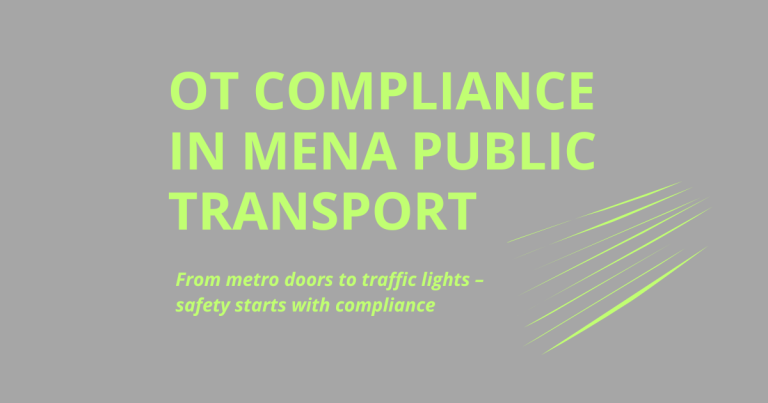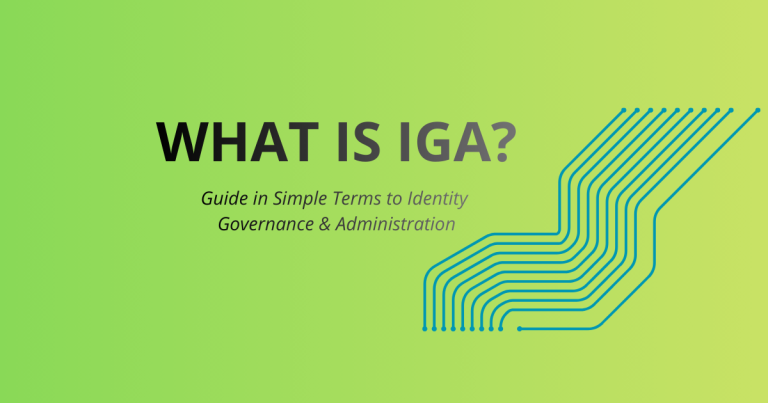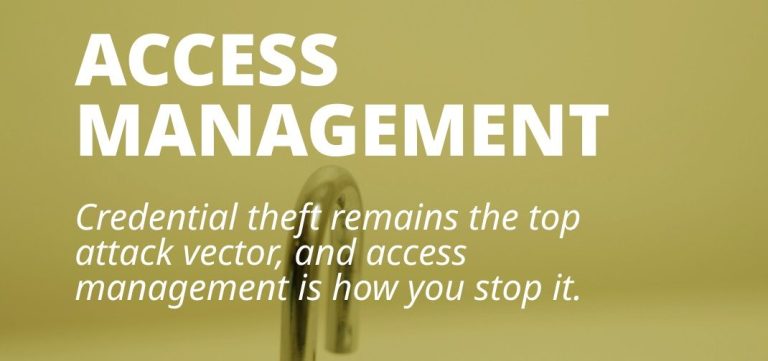Identity Management in UAE Healthcare: Compliance as a Foundation for Trust
Digitalization is reshaping healthcare across the UAE—from patient records to connected medical devices. With this shift, regulators are placing stronger expectations on how identities are managed and protected. This post kicks off a series where we unpack identity and compliance requirements across industries. Today, we start with healthcare.
Key Laws & Standards (Federal & Emirate-Level)
- Federal Health Data Law (2019) Mandates confidentiality, security, and data localization for electronic health records.
- UAE Personal Data Protection Law (PDPL, 2021) Establishes data subject rights and controller/processor obligations for secure processing of personal (including health) data.
- MOHAP “Riayati” Program The national health information exchange that sets standards for secure identity, interoperability, and trusted sharing of patient data across UAE healthcare providers.
- ADHICS (Abu Dhabi Department of Health) A comprehensive cybersecurity standard for healthcare covering access control, authentication, auditability, logging, and incident response.
- DHA Policies & Standards (Dubai Health Authority) Requires MFA, unique user IDs, consent-aligned access, and traceable audit trails for systems handling patient data.
Core Practices to Implement
- Strong Authentication (MFA) for all users and vendors—especially for remote and privileged access.
- Role-Based Access & Least Privilege—grant only what’s needed, revoke promptly on role change/exit.
- Complete Audit Trails & Incident Readiness—log every access/action; test response playbooks.
- Data Localization Compliance—host and process health data within the UAE unless formally exempted.
- Join Identity with Clinical Reality—align IAM/IGA with EMR/EHR workflows, IoMT devices, and care pathways.
Where to Learn More (with practical guidance)
These aren’t just laws—they include implementation guidance you can use to build or refine your IAM program:
- ADHICS Implementation Guidelines – Abu Dhabi DoH Implementation roadmap for cybersecurity and access controls in healthcare. https://www.doh.gov.ae/-/media/Feature/Resources/Guidelines/20191209_ADHICS-Implementation-Guidelines.ashx
- Federal Health Data Law – UAE Legislation Portal Official text covering data protection, localization, and secure processing. https://uaelegislation.gov.ae/en/legislations/1209/download
- UAE PDPL – UAE Digital Government Overview Practical overview of rights, lawful bases, and controller obligations. https://u.ae/en/about-the-uae/digital-uae/data/data-protection-laws
- DHA Authentication & Authorization Policy Practical rules for MFA, authorization, and consent in Dubai healthcare systems. https://www.dha.gov.ae/uploads/102022/NABIDH%20Policies%20%26%20Standards%20-Authentication%20and%20Authorization%20policy2022102621.pdf
- MOHAP – Riayati Program National health information exchange standards and governance. https://mohap.gov.ae/en/services/riayati
Bottom Line
In UAE healthcare, identity management isn’t paperwork—it’s patient safety and regulatory trust. By embedding MFA, least-privilege access, robust logging, and localization controls into daily operations, providers protect both lives and reputations.
This is the first post in our series. Next, we’ll break down identity and compliance expectations for finance, manufacturing, and telecom in the UAE.
If you want to understand the current state of your access management and build a roadmap for upgrades and implementation, reach out to us for an audit.



